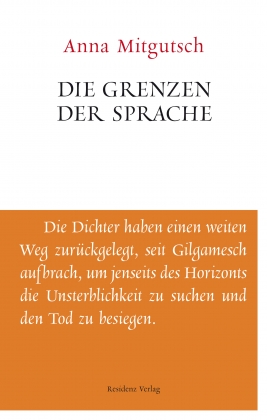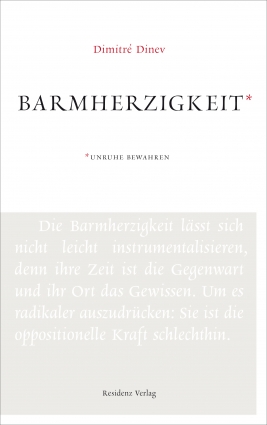
Anna Mitgutsch - Die Grenzen der Sprache
At the fringes of silence.
Wo sind die Grenzen der Sprache und was liegt dahinter? Der Horizont war vielleicht immer schon die größte Versuchung der Künste. Anna Mitgutsch beschreibt die Versuche der Dichter, über den Rand des Denkbaren hinaus zu gelangen. Sie spannt dabei einen großen historischen Bogen von Gilgamesch bis ins 20. Jahrhundert, dem die Idee des Horizonts zwar abhanden gekommen ist – nicht aber die Sehnsucht danach. Von Emily Dickinson über Jorge Luis Borges zu Imre Kertész eröffnen sich spannende Grenzgänge und machen Lust auf neue Entdeckungsreisen in die Literatur. Anna Mitgutsch weckt mit ihrem brillanten Essay die Neugierde auf eine Welt, die Rätsel bleibt. Absolut empfehlenswert!
Book details
Aus der Reihe "Unruhe bewahren"112 pages
format:140 x 220
ISBN: 9783701716074
Release date: 29.01.2013









